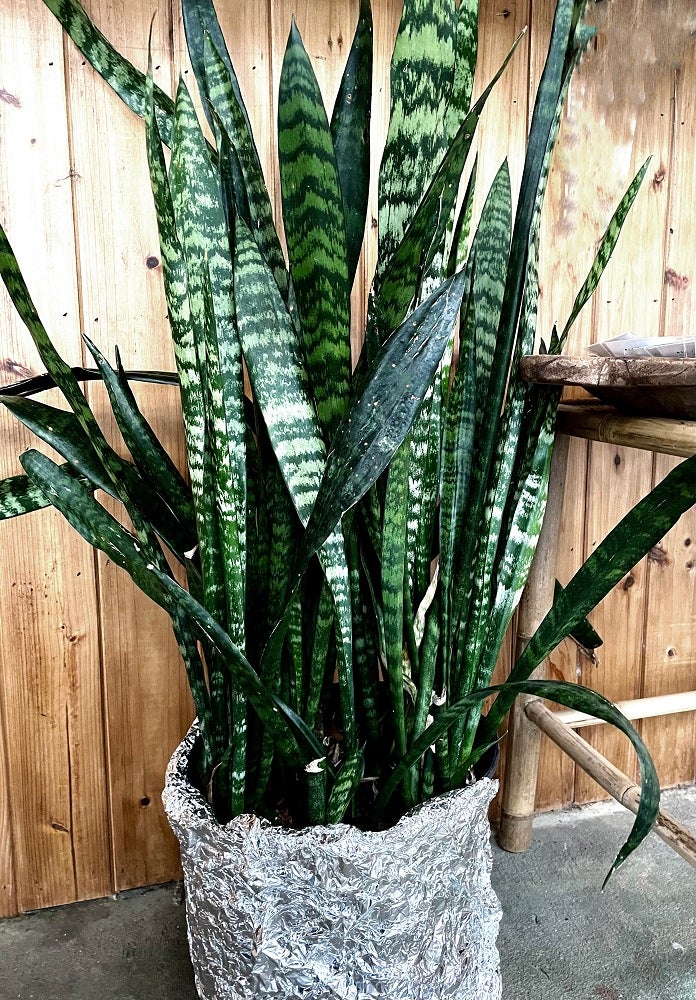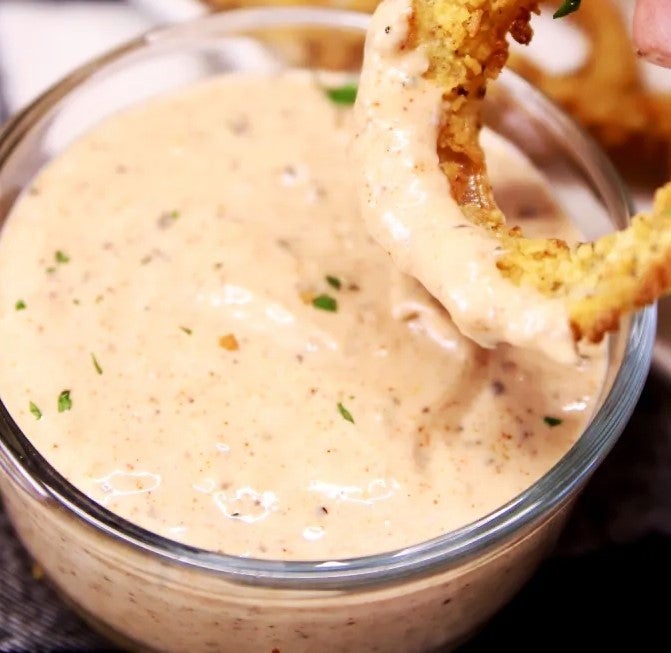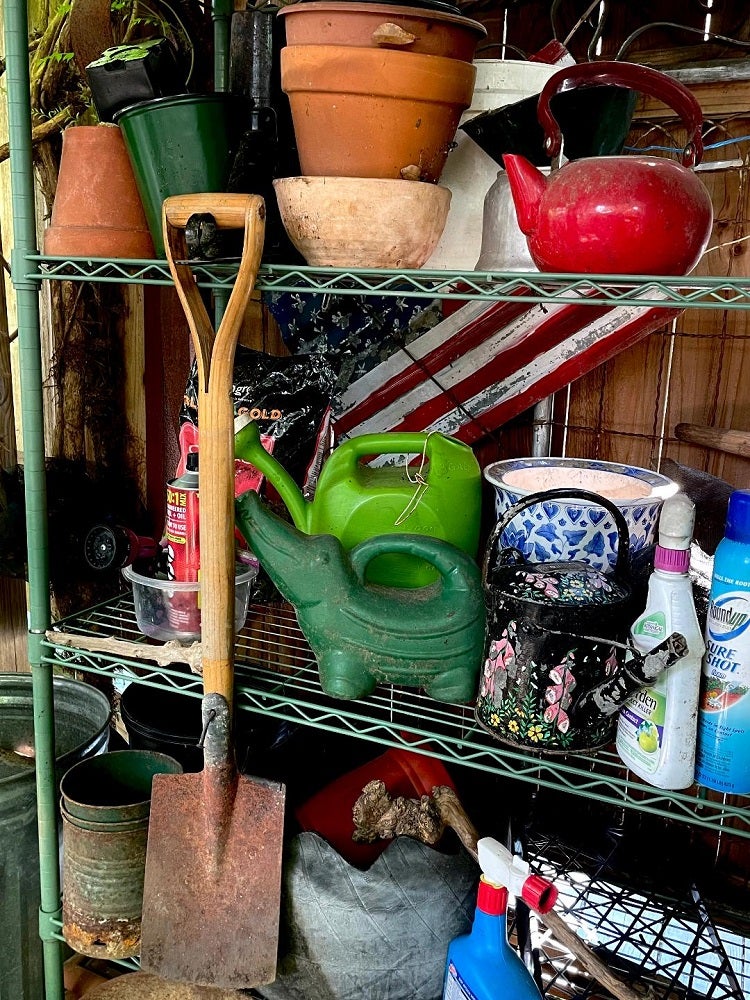A bad case of ‘detritus’
Published 7:00 am Saturday, April 22, 2017
By Fr. Jonathan J. Filkins
Say you go to the doctor, because of a strange tickle in your throat, or a queasy feeling you are concerned about. After numerous tests, with only inconclusive results, the doctor is stymied and you are quite frustrated.
During your last office visit, the doctor tells you that all of the potential causes of your feelings of ill health are due to a condition called, detritus. In a panic, you ask, “Is this cancer? Is it a heart condition? Is it the heartbreak of psoriasis?”
“No,” the doctor calmly replies, “this is a condition of your acquiring too much of life’s refuse. Your case is so very typical of so many of us in our modern world, as we take on these unnecessary burdens and then tell ourselves, ‘I can handle it, and then we don’t. Your physical health is being directly affected by your emotional well-being and my prescription, for you, is to un-burden yourself…and right away.”
Detritus. While the word may be unfamiliar, it is an apt description of the condition and the necessity of decreasing the waste which may accumulate in our lives. As we confidently toss waste into the dustbin, it is not yet gone.
Of course, it may be out of sight, covered by a convenient lid. Yet it still remains, as we must take the next step and remove it from our lives.
We, as an affluent people, recoil from the unnecessary waste of disposing of long-expired food, now a science experiment, at the back of the refrigerator.
Studies have shown that we may dispose of up to twenty-five percent of our foodstuffs. Yet, in our lives, we accumulate vastly greater amounts of detritus, with unhealthy relationships, anger, malaise and all sorts of life’s burdens; many of them well past their “expiration dates.”
Far more significant, than any diagnosis from a medical professional, is the impact of carrying these noxious burdens alone. While the decrease in our physical and mental faculties may not be clearly visible, or apparent, the impact on our well-being is most significant.
As the Reader’s Digest magazine has long opined, “Laughter is the best medicine,” and all of the evidence supports the point. Those, who have a bright outlook on life tend to live longer and more satisfying lives. It is a prescription we all can follow, if we are willing to acknowledge the detritus in our lives and consciously acknowledge our inability to struggle on alone; as if we are, somehow, super human.
And, here rests the answer. We are not superhuman, but we are given the choice to recognize the supernatural. As Christians, we are to readily understand the desire of our Creator to aid us in our burdens and our removal of our detritus. We are told to give up ourselves, to God, as He gave Himself to us, so that our life’s journey and trials may be lessened and our wasteful energies, more appropriately directed to serve Him, and humankind.
Consider, it may be the time to take out the trash.




